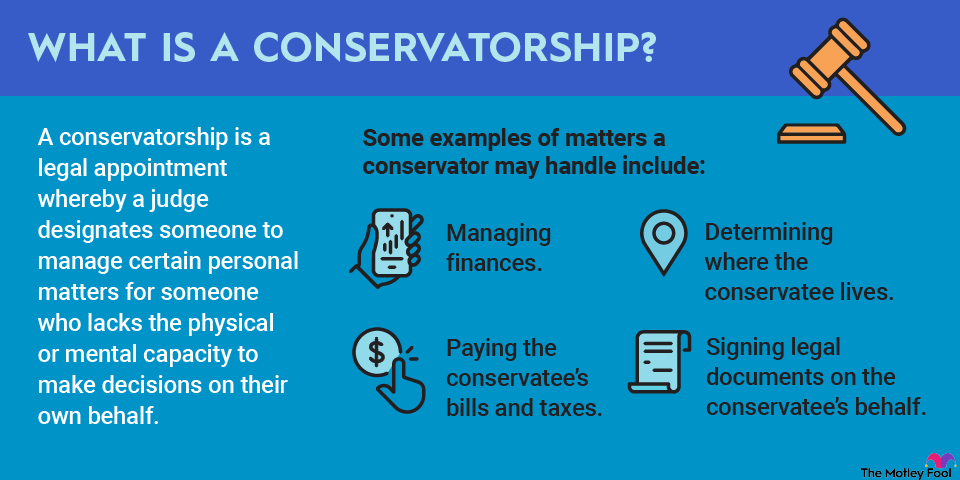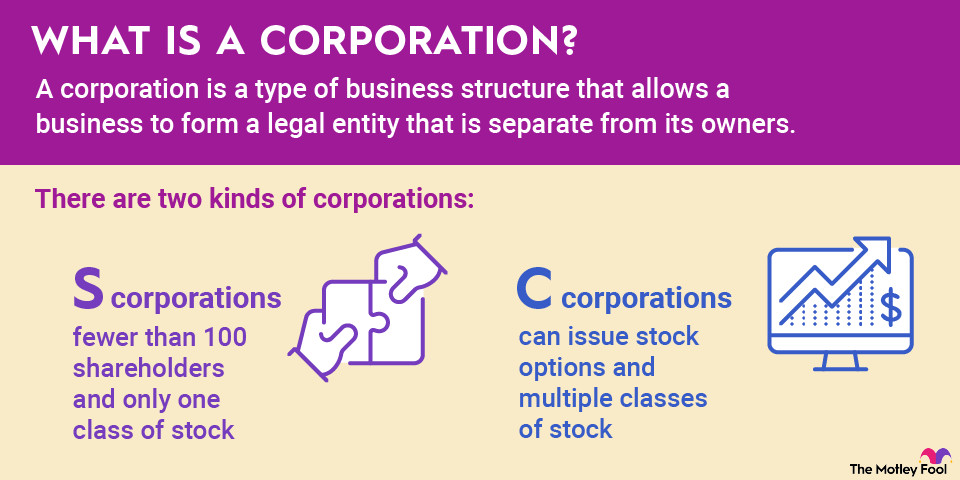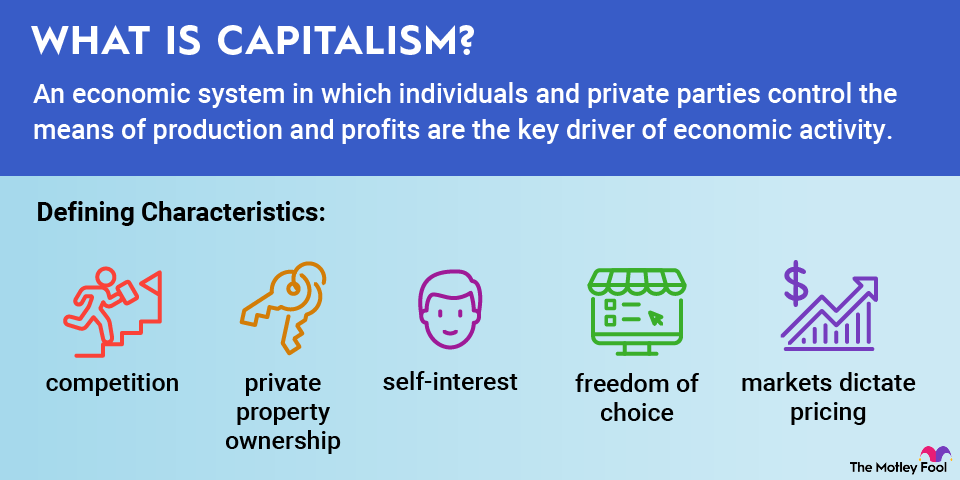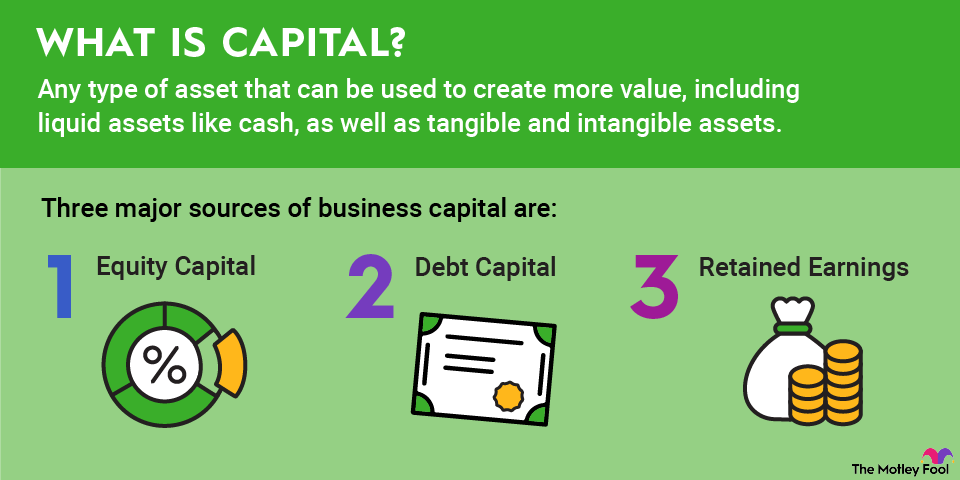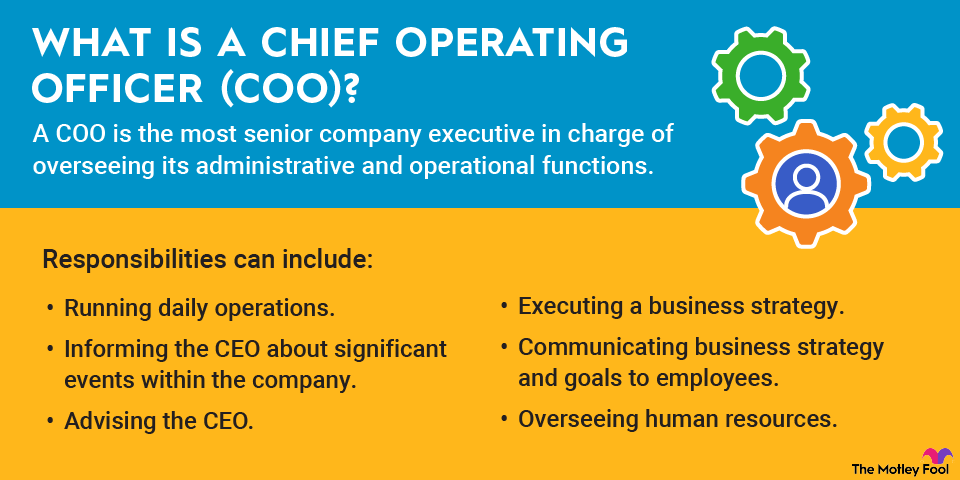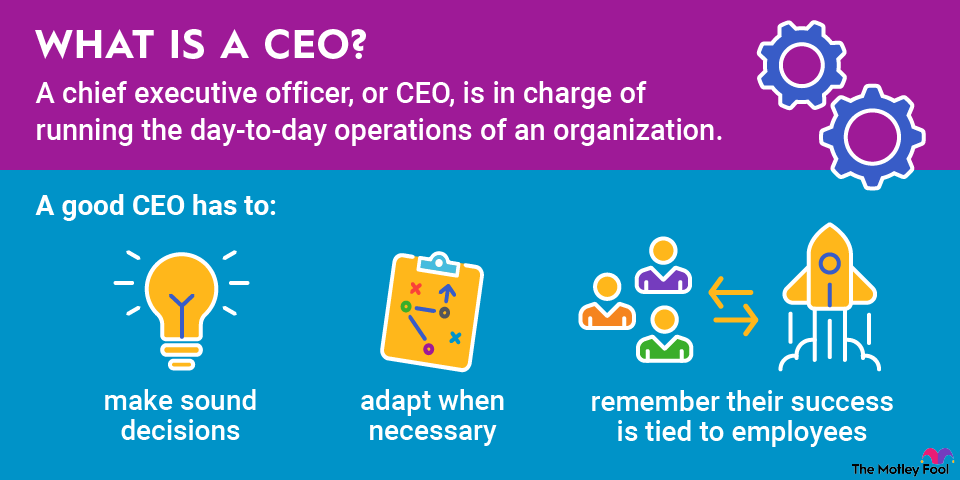Carbon credits are tradeable permits that grant permission to emit a specific quantity of carbon dioxide or other greenhouse gases. Carbon credits aim to incentivize individuals and companies to reduce their emissions. They can earn money by selling unused credit to those that have more emissions than credits.

Here's a closer look at carbon credits, how they work, why they're important, and some examples of carbon credits in action.
What are carbon credits?
Carbon credits are tradeable permits that enable the owner to emit a specific quantity of greenhouse gases. One carbon credit permit equals 1 ton of carbon dioxide emissions or its equivalent in other greenhouse gasses. Carbon credits give their owners the right to emit greenhouse gases up to the value of the credits they own.
Carbon credits are part of a cap-and-trade system. A governing organization creates and distributes the credits to emitters under its authority to cap emissions. The emitters can either use the credits or trade them to another emitter.
How do carbon credits work?
Carbon credits aim to reduce greenhouse gas emissions by incentivizing conservation or sequestration. Carbon emitters receive an allotment of carbon credits that they can use to cover their emissions. If they need more credits, they must trade them with another emitter with credits to spare.
The carbon credits system financially incentivizes emitters to reduce emissions. It encourages an emitter to find ways to reduce their emissions so they don't need to spend money to purchase additional credits. It also motivates emitters to reduce their emissions below their credit limit because they can then sell their unused credits to another emitter.
Why carbon credits are important for investors
Most carbon credit markets are voluntary. Individuals and companies purchase carbon credits as part of their environment, social, and governance (ESG) strategy. Future legislation could make carbon credits mandatory for heavy carbon-emitting industries. That might be necessary to drive investment in building carbon capture, utilization, and sequestration (CCUS) infrastructure so that companies can commercialize that technology.
Leading oil companies expect the carbon market to grow exponentially, with carbon credits potentially playing a key role. Oil giant ExxonMobil (XOM -1.24%) estimates there will be a $4 trillion market for capturing carbon dioxide and sequestering it underground by 2050. That's about 60% of the size of the global oil and gas market Exxon foresees three decades from now. Meanwhile, fellow oil producer Occidental Petroleum (OXY -1.48%) predicts the market will grow to between $3 trillion and $5 trillion. Occidental predicts it could eventually make as much money on carbon dioxide as it currently earns from producing oil and gas.
That's leading many companies, including Exxon and Occidental, to invest in CCUS projects in anticipation of a large future market for carbon credits and other financial incentives like tax credits.
Related investing topics
Carbon credits in action
A subsidiary of oil and gas giant Occidental Petroleum is building the world's largest direct air capture (DAC) facility to pull carbon dioxide out of the air. It's investing $1.1 billion to construct the facility that will be able to capture 500,000 metric tons of carbon dioxide each year when it begins operations in 2025. It will either sequester the carbon dioxide underground or utilize it to produce oil or other products.
One of the ways the company is commercializing the project is through the sale of carbon removal credits. Aerospace giant Airbus signed an agreement in 2022 to purchase 400,000 tonnes of carbon removal credits from the facility (100,000 tons per year for four years) with the option to buy more in the future. Occidental has also sold carbon dioxide removal credits to the NFL's Houston Texans to offset their future air emissions when they travel to away games. Meanwhile, MLB's Houston Astros purchased carbon credits to help neutralize the carbon footprint of its ballpark.
